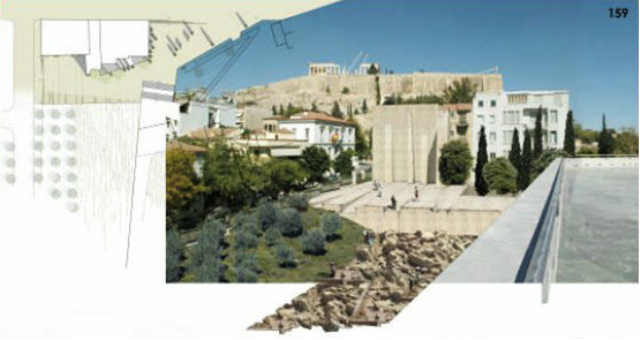A new call for quality. Shifting the paradigm for development policy in Greece through competitions
DOI:
https://doi.org/10.7577/formakademisk.747Emneord (Nøkkelord):
Greece, architecture competitions, architectural quality, policy, ideology, strategySammendrag
This paper is following up on Kouzelis, Psilopoulou and Psilopoulos (2010), where it was partly suggested that skipping architectural competitions in favour of a quantitative (i.e., fiscal) approach was a prevailing paradigm for the building procurement policy in Greece at the time. Here the aim is to trace a notable shift from that paradigm by reviewing three case studies: the case of the UpTo35 competition conducted as part of a private development scheme, the case of two ideas competitions organized by architecture review GreekArchitects.gr as part of an open discourse on politics and urban issues, and finally a general turn in policy by the ‘Ministry of Environment, Energy and Climate Change including a new legislative framework aiming to establish a central role for architectural competitions in the development of public space. As these cases are studied in terms of narrative inquiry, the focus will be primarily on the incentives behind them and a proposal that they all find themselves on common ground by the narrative of simply ‘breaking with past practices’, in addition to introducing the notion of quality, not by prescribing it in qualificatory terms but rather by simply supporting and safeguarding it in both policy and will.

Nedlastinger
Publisert
Hvordan referere
Utgave
Seksjon
Lisens
- Forfatteren(e) beholder sin opphavs- og kopieringsrett til eget manuskript, men gir tidsskriftet varig rett til 1) å fremføre manuskriptet for offentligheten i den opprinnelig publiserte digitale form, og 2) å registreres og siteres som første publisering av manuskriptet.
- Forfatteren må selv forvalte sine økonomiske kopieringsrettigheter overfor eventuell tredjepart.
- Tidsskriftet gir ingen økonomisk eller annen kompensasjon for innsendte bidrag, medmindre det er gjort særskilt avtale om dette med forfatteren(e).
- Tidsskriftet plikter å arkivere manuskriptet (inklusive metadata) i den opprinnelig publiserte digitale form, i minst ett dertil egnet åpent tilgjengelig langtidsarkiv for digitalt materiell, som for eksempel i de norske universitetenes institusjonsarkiv innen rammen av NORA-samarbeidet.
Verket vil bli publisert OpenAccess med en Creative Commons 4.0-lisens som tillater alle å lese, dele og tilpasse innholdet, også kommersielt, under lisensvilkårene:
Dette verket må tilskrives/ krediteres på riktig måte, en lenke må gis til CC-BY 4.0-lisensen, og endringer som er gjort må angis på en rimelig måte, men ikke på noen måte som antyder at lisensgiveren støtter deg eller din bruk.



